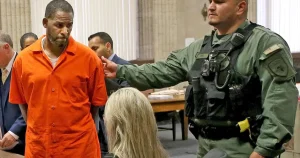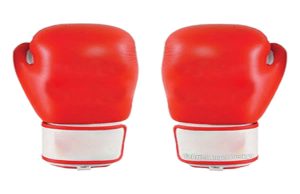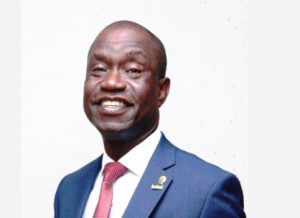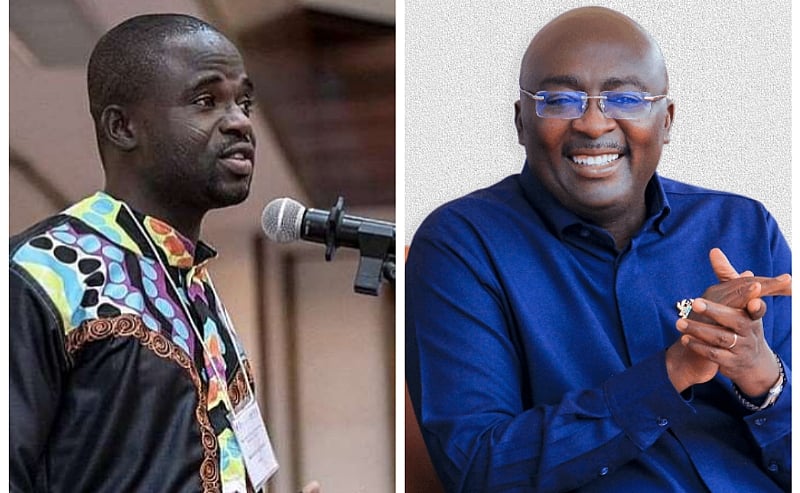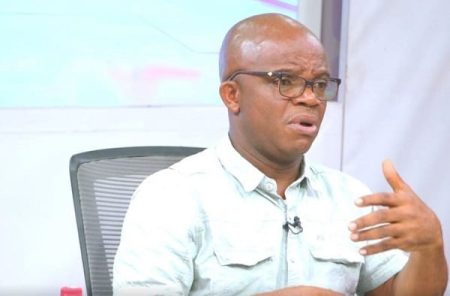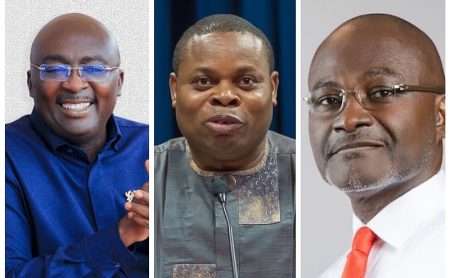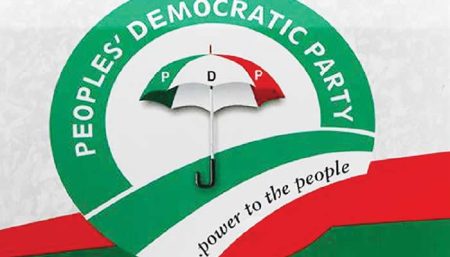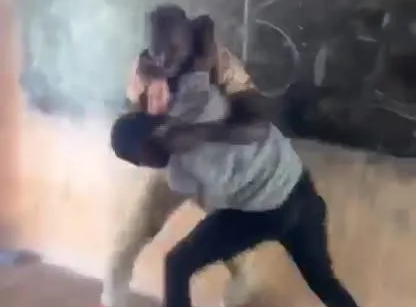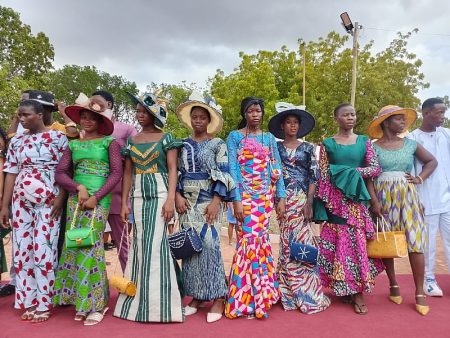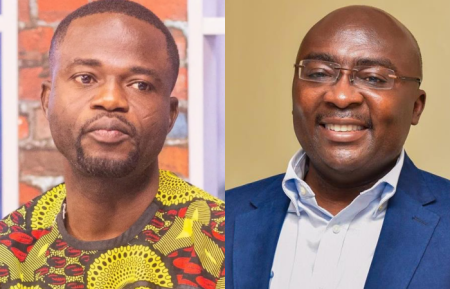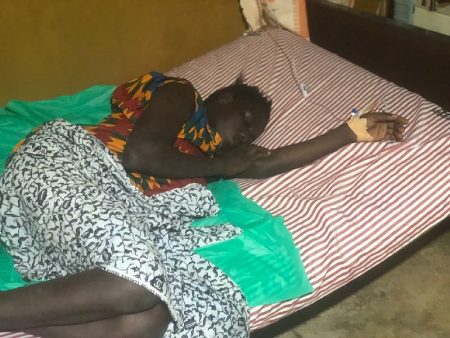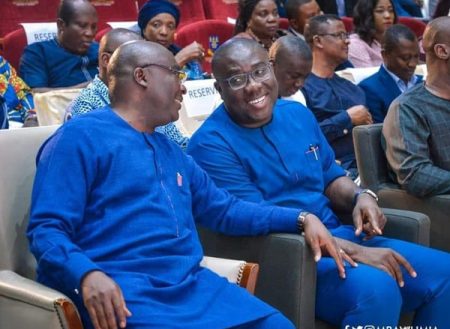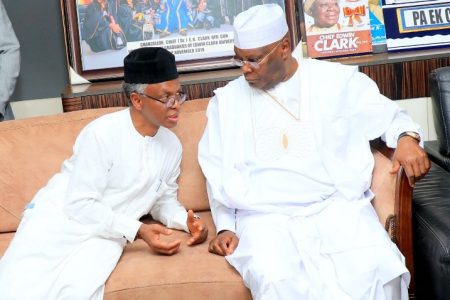Manasseh Azure Awuni’s assertion that Dr. Mahamudu Bawumia is the NPP’s “best bet” and “most formidable candidate” for the 2028 elections has ignited a complex debate within the party and the broader Ghanaian political landscape. Bawumia’s political trajectory, marked by his role as Vice President and his leadership of the NPP in the 2024 elections, positions him as a central figure in the upcoming flagbearer contest. The 2024 election, resulting in the NPP’s worst electoral defeat, presents a critical juncture for the party, and Bawumia’s potential candidacy carries both the weight of past performance and the promise of future leadership. Manasseh’s statement, while subjective, adds another layer to the ongoing assessment of Bawumia’s suitability and the broader dynamics within the NPP.
The timing of Manasseh’s statement coincides with the NPP’s preparations for its flagbearer elections, scheduled for January 31, 2026. This timeline establishes a framework for the internal political maneuvering and campaigning within the party. While Dr. Bawumia has not officially declared his candidacy, his acknowledgment of support from NPP Members of Parliament suggests his strong consideration of another leadership bid. This implicit recognition of his supporters’ influence hints at the strategic calculations and internal alliances forming within the NPP. The upcoming months will likely witness a period of intensified political activity as potential candidates solidify their positions and seek to garner support from within the party’s ranks.
The competition for the NPP flagbearership is already shaping up to be a closely contested race. Key figures like Kennedy Agyapong, a former MP with a significant following, have declared their intention to run, creating a direct challenge to Bawumia’s potential candidacy. The emerging rivalry between the Bawumia and Agyapong camps, characterized by claims of majority support within the parliamentary caucus, underscores the high stakes of this internal contest. The jockeying for parliamentary endorsements highlights the importance of securing the backing of elected officials, who can influence party delegates and shape the narrative around the candidates.
Beyond Bawumia and Agyapong, the NPP’s field of potential candidates includes other prominent figures such as former Education Minister Dr. Yaw Osei Adutwum, Abetifi MP Bryan Acheampong, and former NPP General Secretary Kwabena Agyei Agyepong. Each of these individuals brings a unique set of experiences and political credentials to the table, diversifying the range of options available to the party. The presence of multiple contenders necessitates a careful evaluation of their respective strengths and weaknesses, both in terms of internal party dynamics and their potential appeal to the broader electorate in the 2028 general election. The NPP’s internal election will effectively serve as a preliminary battleground, testing the candidates’ ability to mobilize support and articulate their vision for the party’s future.
Manasseh’s endorsement of Bawumia as the “best bet” invites a deeper analysis of the factors that might support this claim. Bawumia’s extensive experience as Vice President, his economic expertise, and his familiarity with the inner workings of government are likely seen as valuable assets. Furthermore, his role in leading the party’s 2024 campaign, while ultimately unsuccessful, provides him with a level of name recognition and national exposure that could prove advantageous in a future election. However, the 2024 defeat also presents a potential vulnerability, as opponents might point to it as a sign of ineffective leadership. The challenge for Bawumia, should he choose to run, will be to effectively leverage his experience while addressing the concerns raised by the previous electoral setback.
The NPP’s selection of its next flagbearer will have far-reaching implications, not only for the party’s internal dynamics but also for the broader political landscape of Ghana. The chosen candidate will represent the party’s vision and platform in the 2028 general election, shaping the national discourse on key issues such as economic development, social welfare, and governance. The internal contest will serve as a testing ground for the party’s ability to unite behind a common leader and effectively address the challenges that led to its defeat in the previous election. The outcome of the NPP’s flagbearer election will undoubtedly be a significant political event, shaping the trajectory of the party and influencing the broader political landscape in the lead-up to the 2028 general elections.


